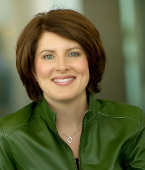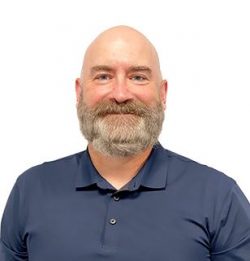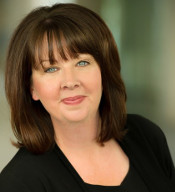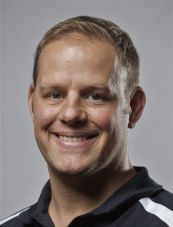
Some years ago, I first wrote about the newly-named disorder “compassion fatigue”. My good friend, Dr. John Wilson, told me that it happened regularly amongst health care practitioners who developed close relationships with and compassion for their
clients while working to the point of exhaustion. We have all heard about interns and the burn-out that occurs in the emergency wards of hospitals and in many medical services.
Practitioners are often motivated by the urgency involved and the skill required to deal with the severe medical conditions of their patients. The adrenaline-like high that can result is manageable and even welcomed when we are young. Sadly, as the years pass, the compassion required becomes a burden and the stress and angst that results can be debilitating. What was once a “high” is now a “low”. What often is understated in this scenario is that compassion fatigue impacts on the practitioner and staff relationship as well. The process of building a successful practice or business requires hard work and long hours not only for the professional but for his/her staff as well. When a practice or business fails, both practitioner/owner and his/her staff are impacted. Lives are disrupted. The pressure to succeed is intensified and sometimes a high price is paid by all.
In my case, my father warned me to keep a “balance” and not become too involved with clients and their personal situations. He went on to advise me to do likewise with staff and maintain a professional composure and distance that allowed me to stay on task and help clients exit (in the long term) from their chosen profession with dignity and profitably and satisfy my staff needs at the same time.
Recently, I spent an evening with my dad and vented about a serious matter that is tormenting one of my clients—and me by direct association. I became emotional. He listened carefully, as he does at age 89, and then with a soft voice told me, “It’s your
job son, it’s not your problem.” My client needs help and asked for advice. Her career is in jeopardy, her dreams and
goals are being shattered in a failed business/practice partnership that is also ruining her marriage. The story is long and complicated and will not be told here but, once again I find I am not fully qualified to help. This, for me, is both frustrating and
fatiguing.
What became evident by the end of my conversation with my father, is that I had to stay focused, offer the best advice I could to achieve the end goal of a successful exit for my client and maintain a professional composure that made the service we offer as a brokerage viable and worthy of success.

TIMOTHY BROWN
is Chief Executive Office of ROI Corporation Canada’s national professional practice and brokerage firm.








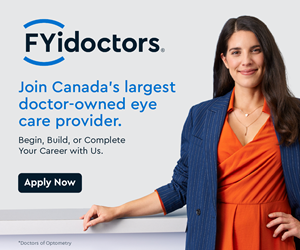




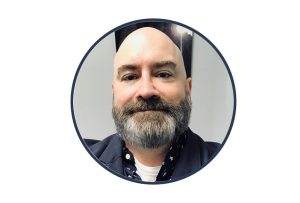 Glen Chiasson
Glen Chiasson
